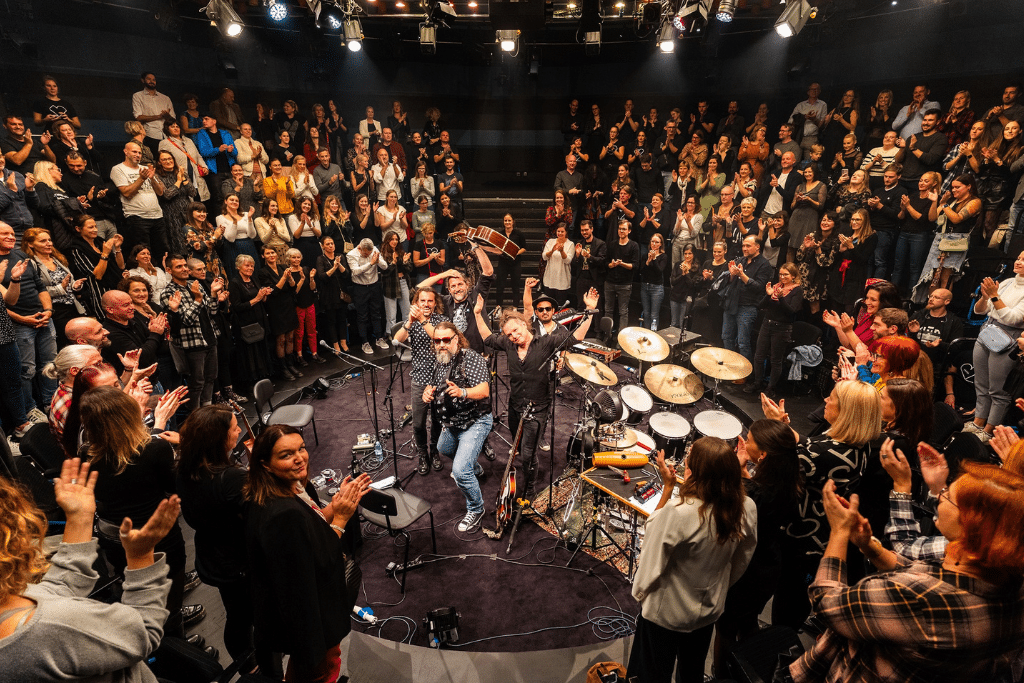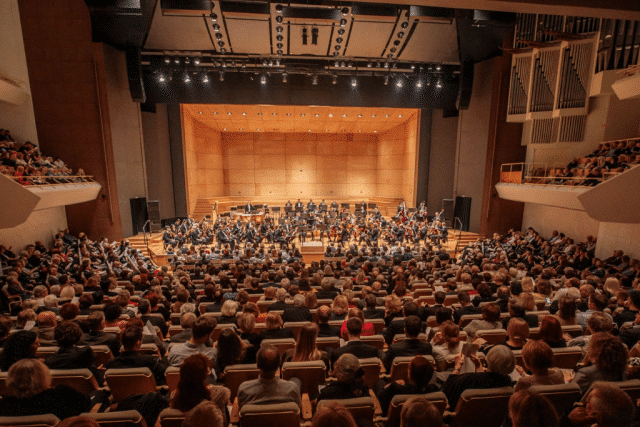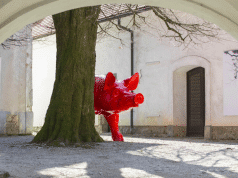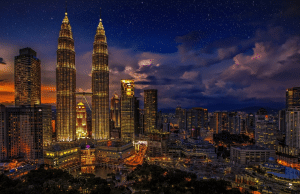For some time, event organisers have been pondering whether artificial intelligence benefits them or whether it will replace them entirely. It has long been known that AI can play a fundamental role in event organising by automating work processes, improving conditions for attendees and ensuring valuable insights into data about stakeholders.
Artificial intelligence is the capability of a machine to exhibit human traits such as thinking, learning, planning and creativity. It is one of the technologies that will mark the future of our society. AI enables technical systems to understand the environment, process data and solve problems.
Systems operating based on artificial intelligence can adjust their actions independently to a certain extent based on analysing the effects of their previous actions. They analyse expansive amounts of data collected from previous events, social media, surveys and other sources, thus gaining new experience and creating new guidelines for action. Such information can help meeting planners make informed decisions about event planning, marketing and pricing strategies, task allocation in work processes, and improving the success of an event.

The power of AI in the meetings industry
Chatbots or AI-powered virtual assistants can provide instantaneous answers to attendees’ frequently asked questions, provide detailed event flow information, create schedules, and more. They can help with event registration, purchasing visitor tickets, and improving all necessary services.
Artificial intelligence algorithms can analyse participants’ preferences and behavioural patterns. They can offer accurate recommendations for meetings, workshops, exhibitors and networking opportunities among attendees. By adapting the execution of the event to individual preferences, it is more likely that participants will engage in relevant content and have a greater sense of satisfaction.

The current use of AI focuses on (re) strengthening the convention business in event execution, as by leveraging both technical and other artificial intelligence technologies, event organisers can increase efficiency and ultimately deliver exceptional events. We should also ask ourselves how the latest AI “bot”, who can talk, write poetry, program codes, answer holistic questions, and more, can help us in the meeting industry.
ChatGPT is proof of the rapid progress of artificial intelligence. It relies on a tremendous amount of information to provide answers and is nearly omniscient. Over time, we can expect that ChatGPT will also impact professions that previously required tremendous knowledge, education and experience, including law, journalism, art, etc. Experts are not unanimous about the necessary response to the AI craze. While some insist that the risks are manageable and the benefits of the new technology will outweigh them, others are convinced we should pull the plug. In light of this, it is fair to say that this is not a technology that really understands the world and that we can rely on entirely. It is a technology that requires human work – texts, images, movies, music and so on – and somehow combines it or transforms it so that it looks original.
Even the innovators who created AI have noted that, at the moment, there are still more questions than answers because we don’t know how AI will continue to develop. Only time will tell.
Find out more about Cankarjev dom here.














